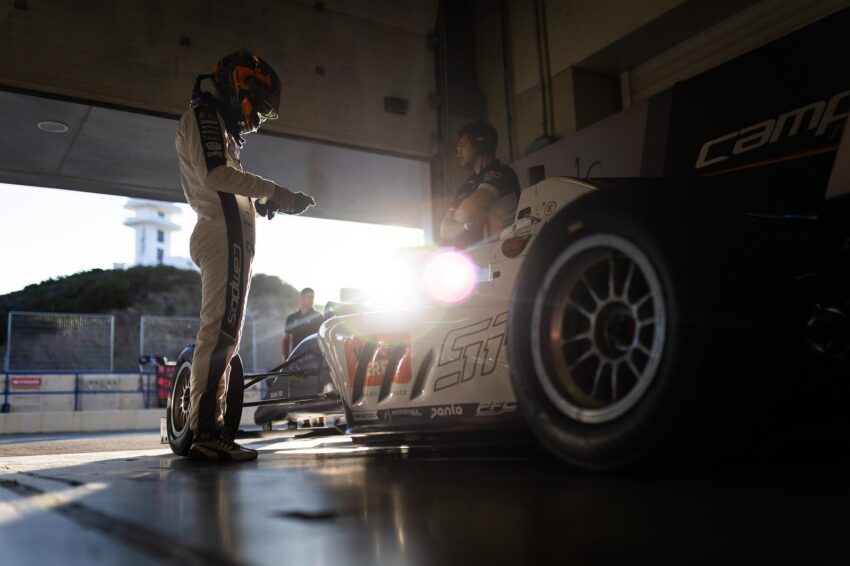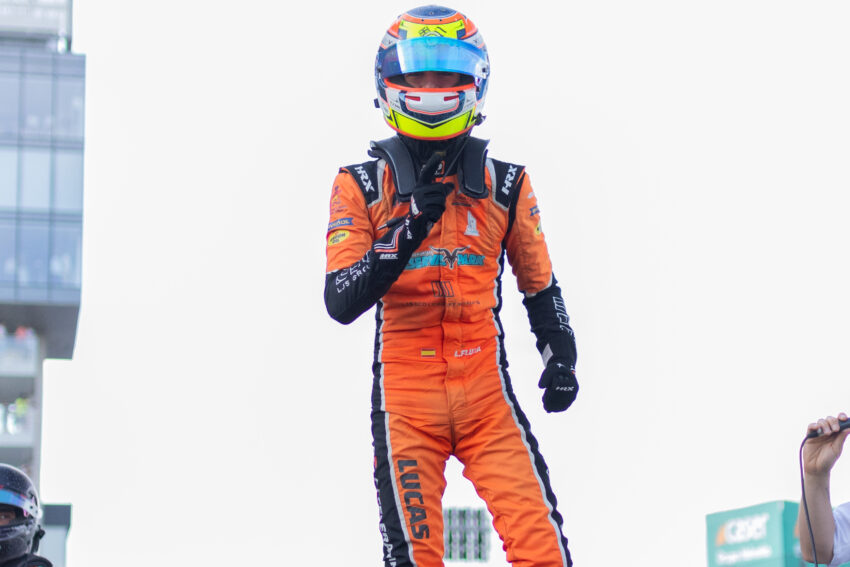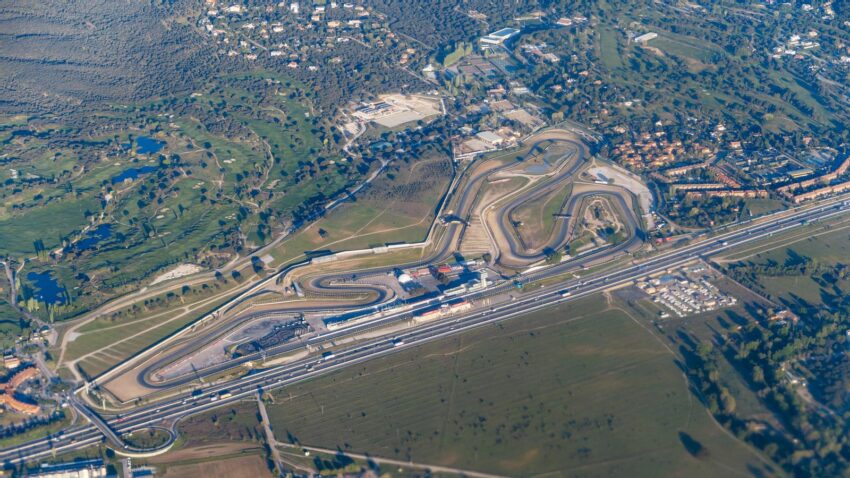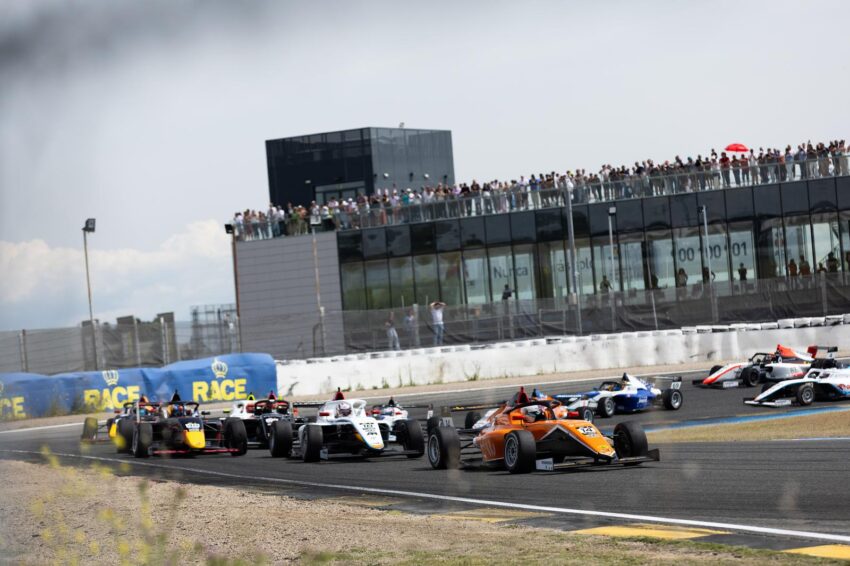When you drive a car at 300 kilometers per hour and you have to making decisions in milliseconds, psychological factors are decisive. “I think that many people, men in In particular, they see the help of psychology as a weakness, but that is totally false. Your mind is the most important tool powerful of your body, these statements of Gerorge Russel, today a driver for the Mercedes-AMG Petronas, surprised in 2021 and are an example of the importance of Mental health in the motor world. It is a very pressure, of success and failure, of achieving numbers, of running, of adrenaline and a lot of stress.
And to bring this concept closer to the F4 Spanish Championship, We have to understand that if there are professional pilots - who need the help of a sports psychologist - pilots who are in training will need much more advice, since many of them are still teenagers. Sports psychology for children is essential because from an early age mental control is required when facing rivals in sports. Furthermore, through it the limits of demands and sporting pressure on boys and girls are defined which, if excessive, could harm them.
That is the big question: How to manage all this storm ofemotions? All pilots are different, some have greater mental strength, others less. But everyone needs a guide professional to help them manage those factors. In that scenario, the sports psychologist plays a fundamental role. There, a series of variables arise on which the Psychological professionals can intervene and work with the pilots.
The first is self-confidence. A pilot who for the bad results or a defeat, he loses self-confidence, in your talents or in your car, you will not be able to go to the limit of your possibilities and that will lead you to not achieve your goals or to suffer a injury.
The second is trust in your team. It is vital because Pilots can't do everything. They must understand that there is a job behind your wheel which is essential too. Each member of the team has a role so that on race day everything is perfect.
The third is the management of uncertainty; this is knowingthat there are imponderables that can affect performance orpilot skills and that are basically not in your hands. A mechanical error, a breakdown, an event on the track or bad luck, according to the most simplistic. But it is so, psychologists point to show that they must be prepared to face it, turn the tables page and move forward thinking about new objectives, such as Think about the next race and not stop trying to figure out why. of that accident.
The fourth is concentration. It is essential to focus on what concerns the pilot, which is to put all his talent in the race. In this way, they can enhance their capabilities decision in fractions of seconds, everything happens very quickly and the Concentration is key to choosing well, that is why focus is worked, Concentration is trained in various ways that each psychologist He will choose according to the athlete in front of him.
Another factor that helps competitiveness is motivation. Becauseam I doing this? What are my goals? The psychologist hasa direct role for the athlete to find the reasons why wants to win and something relevant: Why I want to win certain competence. One of the most complex factors is stress and know how to deal with pressure. Many fall in the attempt, because it is a sport that goes to the limit, then this can be worked on and in Together with the professional, measures are sought and developed to manage it.
The last factor we want to highlight is happiness. Many times, pilots do not enjoy themselves and at the slightest failure, the frustration, which is very close to depression. It is vital that the athlete Be happy and enjoy developing this wonderful sport. There are many satisfactions and the joy of getting on the podium or winning a championship are tremendous. Some live it their own way and find that happiness, others lose it due to defeat and others, They fall into a black hole.
The psychologist must be there to guide,provide advice, develop training sessionsmental, listen to experiences, look for an ideal profile for thesportsman. Decipher the well-being of the person behind thecompetitor. Diagnose and help. All this, Valtteri Bottas, current driver of the Kick Sauber team, recognizes "needed a psychologist who helped me heal many emotional pains. AND His initial assessment was that he was almost like a robot who just wanted achieve my goal and I didn't feel anything."
Because of phrases like these and knowing that the F4 drivers are in full training, it is essential that the sports psychologist be apart of the team and help them evaluate the good and the bad, because success - at the end of the race - is not only winning, but also knowing how to enjoy this passion.






